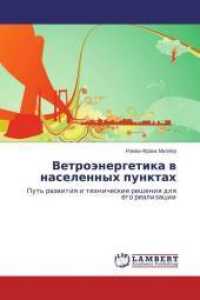- ホーム
- > 洋書
- > 英文書
- > Cinema / Film
Full Description
Swedish Film Feminism is the first in-depth study of the feminist film movement in Sweden in the 1970s and 1980s. Drawing from a rich and largely overlooked audiovisual and textual archive, the book maps out the political and aesthetic features of this national film history, unpacking how the imaginary of Sweden's gender equality both restricted and enabled women's creative agency and artistic output during the Swedish welfare era.
In addition to delineating the diverse initiatives through which film feminism materialized in Sweden, the book offers detailed case studies of production contexts that demonstrate the complexities of the era's progressive climate. Intervening in current critical interrogations of Swedish exceptionalism, Ingrid Ryberg examines films such as the satirical short Mai Zetterling's Stockholm (Mai Zetterling, 1978), the documentary "Woman in the Middle of the World" (Mona Sjöström and Ulf Hultberg, 1976), and the lesbian short Eva and Maria (Mary Eisikovits, Marie Falksten, and Annalena Öhrström, 1983). Beyond filling a historical gap by restoring the neglected Swedish case, Swedish Film Feminism challenges dominant canons, backstories, and frameworks in feminist film historiography, introducing analytical tools and reading strategies to reconsider women's film histories that fall outside received parameters.
The eBook editions of this book are available open access under a CC BY-NC-ND 4.0 licence on bloomsburycollections.com. Open access was funded by Riksbankens Jubileumsfond.
Contents
List of Figures
Acknowledgements
Introduction: Decentering feminist film historiography
1. The eventfulness of "women's film"
2. From images-of-women to "female" films
3. The (juxta)politics of ordinary
4. An elevated feminist ahead of her time?
5. Film "pioneers" in the "Third World"?
6. Lesbianism as abortion prevention?
Afterword: Swedish film feminism's political grammar
Notes
References
Index








